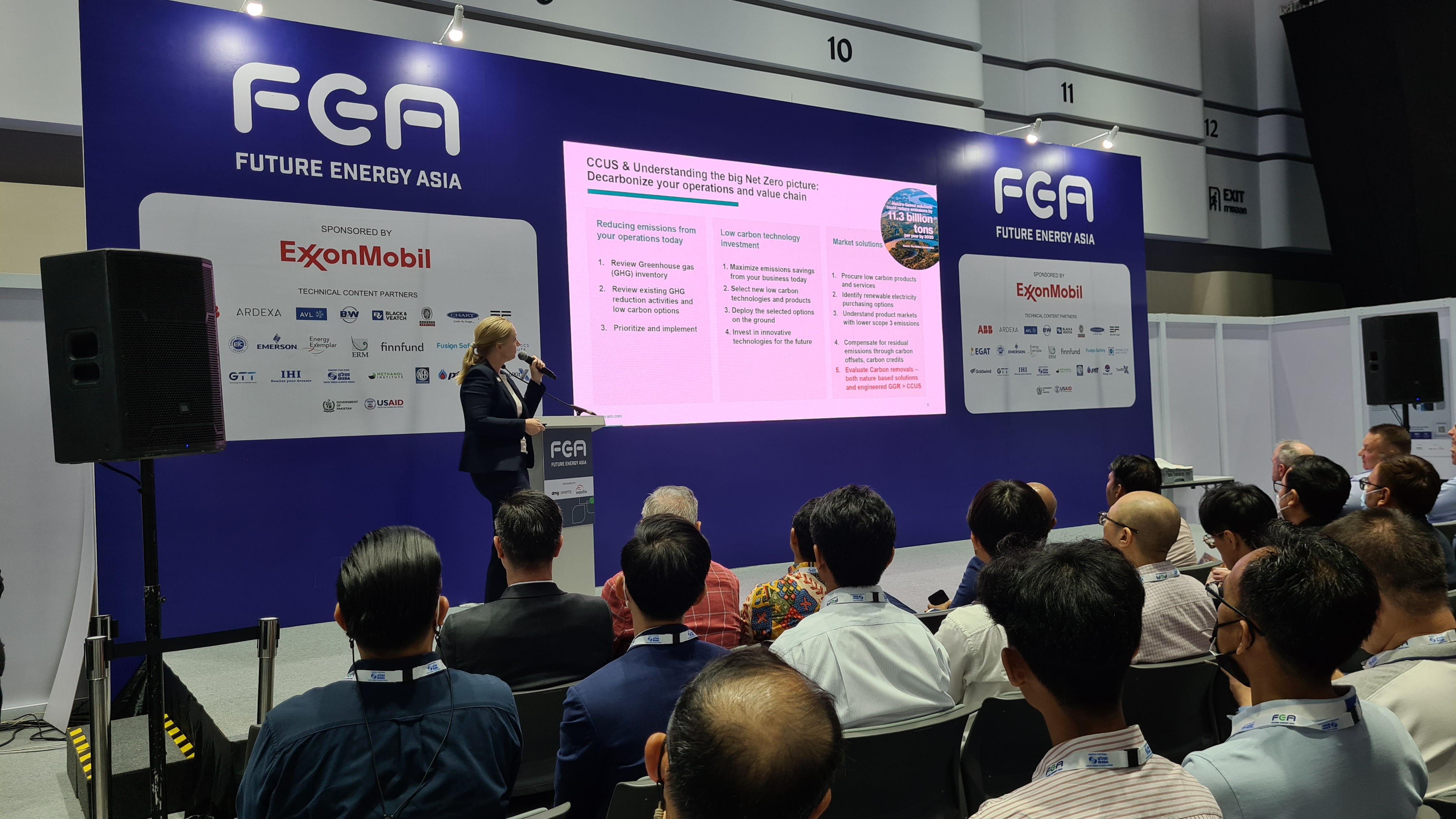Investing in a sustainable future: unleashing Asia's $10 trillion renewable energy opportunity
In a world facing the urgent need to decarbonise our economies while also adapting to and mitigating the effects of climate change, corporate organisations and investors are increasingly recognising the importance of renewable energy. Renewable energy investments are crucial for shaping a sustainable future and achieving climate targets. The risk of breaching temperature targets necessitates immediate action, and renewables play a key role in this transition. As leaders in the corporate world, it is our responsibility to step up and drive change.
Unprecedented investment in renewables: Asia to receive the largest share, estimated at $10 trillion USD by 2050
Asia, with its rapid economic growth and increasing energy demand, is poised to become a pivotal player in the global renewable energy market. According to projections, Asia is expected to receive the largest share of the unprecedented $10 trillion investment in renewables by 2050. This tremendous opportunity presents the region with the chance to lead the way toward a sustainable future.
Addressing environmental and social issues is paramount as we embark on this renewable energy journey. De-risking investments and ensuring timely implementation are vital steps toward enabling widespread access to renewable energy.

As responsible corporate organisations, our contribution extends beyond financial gains. We need to understand the importance of addressing technical and market challenges while also considering the environmental and social aspects of renewable energy projects. By taking a holistic approach, we will be able to foster sustainability and create a positive impact on the communities in which we operate.
Addressing nature and biodiversity risks in Asia: climate change predictions highlight potential physical impacts on assets
Asia, home to diverse ecosystems and vulnerable communities, faces unique challenges due to climate change. Predictions suggest an impending rise in both the intensity and frequency of physical events to valuable assets. This underscores the urgency of not only enhancing climate resilience but also addressing the associated social and biodiversity risks. By incorporating measures to protect these valuable resources, we can create a sustainable future that balances economic growth with environmental stewardship.
Some practical steps corporate organisations can take now to integrate nature risk and opportunity into their decision-making include mapping their value chain to evaluate where they are dependent on ecosystem services, developing a nature strategy that identifies risks and opportunities and partnering with key stakeholders to implement their nature strategy.
Challenges for companies: regulatory differences between countries pose risks for developers
While the renewable energy sector holds immense potential, companies face challenges due to regulatory differences between countries. Navigating complex and varied regulations poses risks for developers. It is imperative for governments and international organisations to collaborate, harmonise regulations, and establish supportive frameworks that encourage renewable energy investment. By doing so, we can create an environment that fosters innovation, accelerates project implementation, and unlocks the full potential of renewable energy.
Understanding the local context is also crucial for successfully navigating regulatory frameworks, addressing cultural considerations, and identifying opportunities for renewable energy development. By leveraging keen insights on the markets within which we operate, we can drive impactful and sustainable change in the region.
Collaboration between private and public sectors: Private companies increasingly committed to renewable energy, developing their own projects
Collaboration between the private and public sectors is also essential. Private companies are increasingly committed to renewable energy, developing their own projects and actively contributing to the transition. By partnering with governments and other stakeholders, private companies can leverage their resources, expertise, and innovation to drive positive change at scale. The collective efforts of both sectors are crucial for accelerating the renewable energy transition.
A shining example of successful collaboration is the recent partnership between BASF and the Chinese government. BASF, the largest chemical producer in the world, signed a significant contract with State Power Investment Corporation (SPIC) mainly for offshore wind, aiming to develop their largest chemical plant powered entirely by renewables. This landmark project showcases the power of collaboration, with the private and public sectors working together to achieve sustainable and ambitious goals. Such initiatives serve as inspiration and pave the way for further advancements in the renewable energy sector.
As corporate organisations and investors, we have a pivotal role to play in shaping a sustainable future. The urgency to decarbonise society and the unprecedented investment in renewables provide us with a unique opportunity to drive change. By addressing environmental and social issues, expanding our expertise, and fostering collaboration, we can unlock Asia's renewable energy potential, mitigate climate risks, and create a future that benefits both our organisations and the world at large. The time is now.
Energy Connects includes information by a variety of sources, such as contributing experts, external journalists and comments from attendees of our events, which may contain personal opinion of others. All opinions expressed are solely the views of the author(s) and do not necessarily reflect the opinions of Energy Connects, dmg events, its parent company DMGT or any affiliates of the same.
KEEPING THE ENERGY INDUSTRY CONNECTED
Subscribe to our newsletter and get the best of Energy Connects directly to your inbox each week.
By subscribing, you agree to the processing of your personal data by dmg events as described in the Privacy Policy.
















